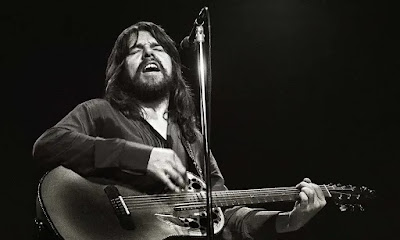Escrita por Neil Diamond e Richard Bennett, foi gravada em 1978 e lançada em 3 de novembro de 1978 no disco You don't bring me flowers, o décimo segundo disco de Neil. Saiu também em compacto, em 1979, com Remember me como Lado B. Foi produzida por Bob Gaudio. Neil disse que a música queria dizer que as coisas simples são as coisas importantes. Chegou ao número 20 do Billboard Hot 100, número 16 no Reino Unido, número 4 na Irlanda, número 7 na África do Sul, número 10 no Canadá, número 22 na Nova Zelandia e número 31 na Alemanha Ocidental.
A letra:
Money
talks
But it don't sing and dance and it don't walk
And long as
I can have you here with me
I'd much rather be forever in blue
jeans
Honey's sweet
But it ain't nothin'
next to baby's treat
And if you'd pardon me, I'd like to say
We'd
do okay forever in blue jeans
Maybe tonight
Maybe tonight, by the
fire
All alone, you and I
Nothing around but the sound
Of my
heart and your sighs
Money talks
But it can't sing and
dance and it can't walk
And long as I can have you here with
me
I'd much rather be forever in blue jeans, babe
And honey's sweet
But it ain't
nothin' next to baby's treat
And if you'll pardon me, I'd like to
say
We'd do okay, forever in blue jeans
Maybe tonight
Maybe tonight, by the
fire
All alone, you and I
Nothing around but the sound
Of my
heart and your sighs
Money talks
But it don't sing and
dance and it don't walk
And long as I can have you here with
me
I'd much rather be forever in blue jeans
And if you'd pardon me, I'd like to
say
We'd do okay forever in blue jeans, babe
And long as I can have you here with
me
I'd much rather be forever in blue jeans, babe
A versão de Neil Diamond:
A versão de Larry L:
A versão de Allie Dunn:
















